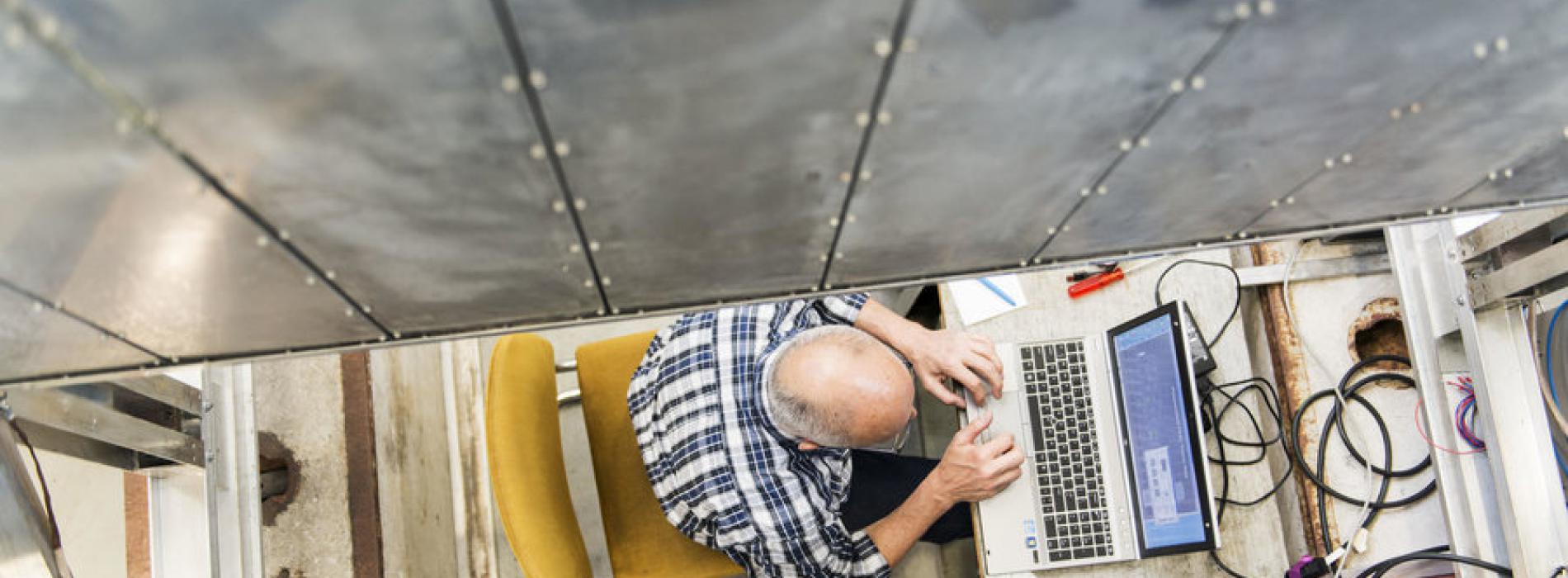
 News
News
The Royal Marriage of Science and Diplomacy
"Science has sometimes gone so fast that society could no longer keep up. It's time for it to reconnect," say Gesda officials in Geneva. Photo - © Christian Beutler/KEYSTONE
Founded by the Confederation, the Canton and the City of Geneva in 2019, the Geneva Science and Diplomacy Anticipator (Gesda) takes off. With great ambitions. The foundation's mission is to identify the scientific innovations of tomorrow and to anticipate their impact on our societies by integrating them into the ecosystem of international Geneva.
This is a first. The Geneva Science and Diplomacy Anticipator (Gesda) is meeting for the first time this Friday, December 18 in a virtual way. Sixty-eight leading scientists from around the world and leading figures from the world of diplomacy, including the former President of the Italian Council Enrico Letta, responded to the call of Gesda officials to pool their efforts with a specific goal: to identify scientific innovations that are emerging in laboratories around the world and anticipate the consequences they will have on society.
The objective of the anticipator
Because of its somewhat esoteric name, the Gesda foundation may have provoked some sometimes sarcastic comments at the time of its creation by the Confederation, the canton and the city of Geneva in 2019. Some bad tongues saw it as a way to recycle old glories. One year later, it must be said that the Gesda is an ambitious project that has been able to attract very high level scientists and renowned ex-diplomats who, without being paid, intend to contribute to forging a major multilateral instrument for the future of humanity.
At the request of Federal Councillor Didier Burkhalter, then President of the Gesda, former CEO of Nestlé Peter Brabeck-Letmathe emphasizes: "This is the first time that a list has been drawn up listing the innovations in progress in laboratories around the world, so that we can try to anticipate their impact at 5, 10 and 25 years from now. Many scientists have told me this. They are delighted by such an initiative." Peter Brabeck-Letmathe adds: "Many scientists are very frustrated. They are making major scientific progress, but their applications are often subject to moratoria to slow down a breakthrough that has gone faster than the evolution of society and mentalities".
Former president of the Swiss Federal Institute of Technology in Lausanne (EPFL), Patrick Aebischer serves as vice-president of the Gesda, where he has made use of his extensive address book. We are witnessing a considerable acceleration in science," he says. What is happening will profoundly affect who we are. This is, in my opinion, a turning point. There are areas that are undergoing a crazy evolution. Take the quantum revolution. It's going to change everything. It will be so powerful that it will probably make the notion of the private sphere disappear. That's why we have to grasp this theme today and not tomorrow, because it will be much more difficult to assimilate such upheavals after the fact. Scientists do not do research for research's sake. They also have a social responsibility."
Read the full article on Le Temps web-site.